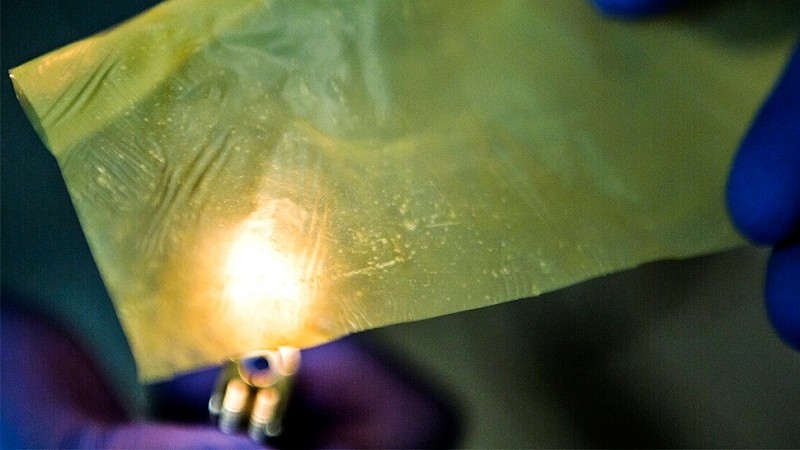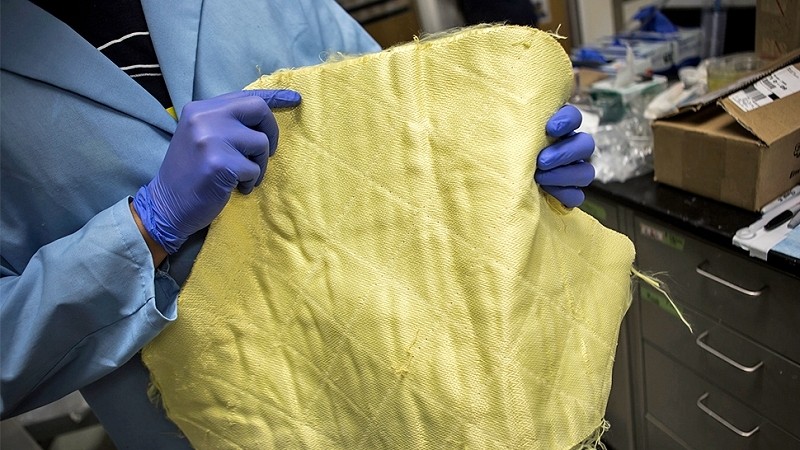Research regarding new battery technology typically centers on extending battery life or reducing recharge times but that's not the only hurdle we face. While not overly obvious, the lithium-ion batteries we use on a daily basis can be quite dangerous, especially as they age.
Lithium-ion batteries, like those inside smartphones and tablets, generate current by passing ions from electrode to electrode along a set path. The electrodes are lined with an insulating membrane that prevents the ions from simply jumping between electrodes at will.
Over time, however, the lithium-ion atoms can branch out and form dendrite-like structures that have the potential to break through the insulation and create a short circuit between electrodes. When this happens, the results can be deadly.

Scientists at the University of Michigan believe they've stumbled upon a solution that could make batteries much safer: Kevlar.
By replacing traditional insulation material with thin sheets of heat-resistant Kevlar, the dendrite growths can effectively be blocked from reaching other electrodes. Best yet, because they are so thin, more electrodes can be packed into a battery to increase its energy output.
We've covered a bunch of promising battery technology here at TechSpot but the majority of implementations are still far away. Such isn't the case here as Kevlar-insulated batteries are expected to enter production sometime next year and could show up in consumer devices as early as 2017.
